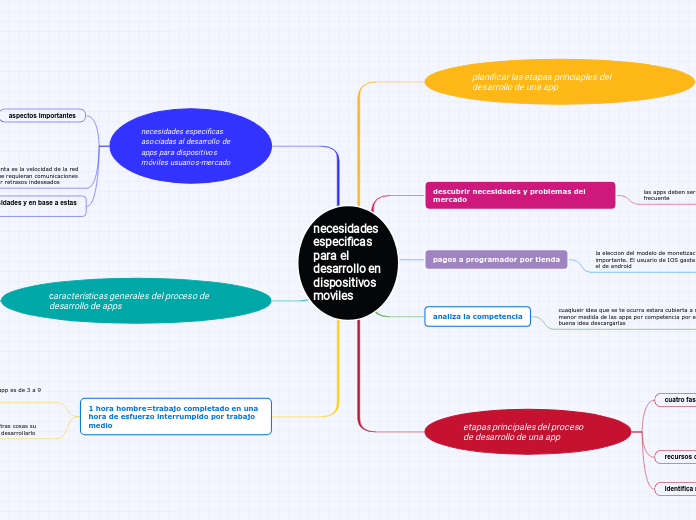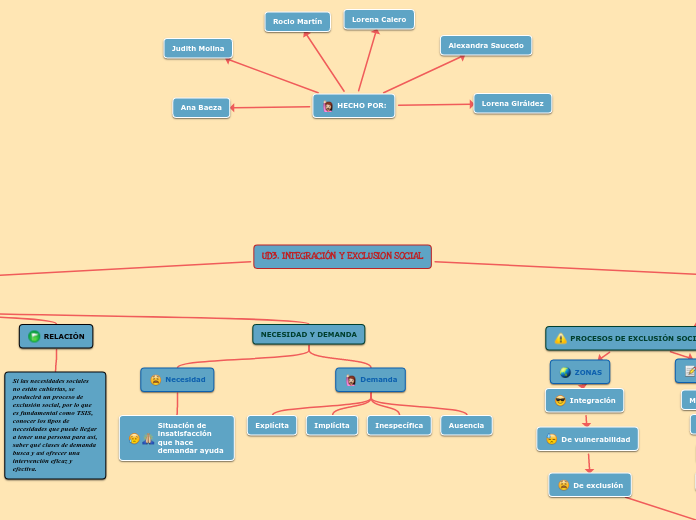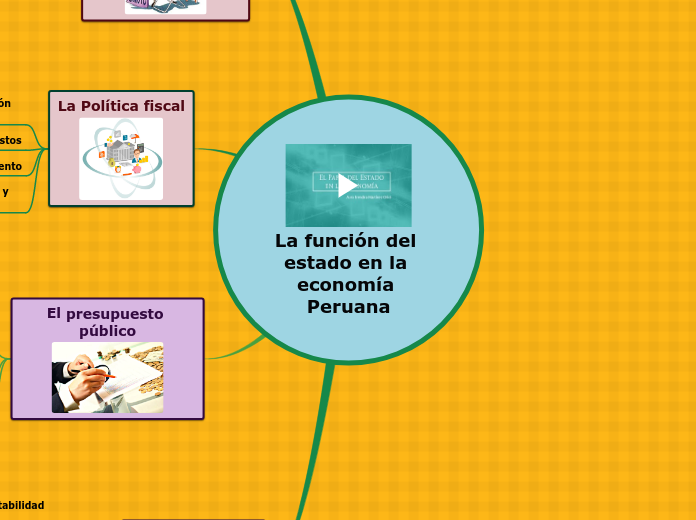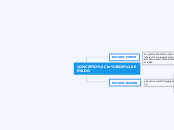IPI
To name your story, you have to think about the overall message and what you want your audience to understand from the story. Also, make it relevant and easy to remember.
PLAN DE ACCIÓN
The middle of the story is where you add layers of complications that will lead to the end. Reveal more about the character's journey. Did their personality go through changes? How did they overcome the challenges? And as you build up the story’s central conflict, make it more personal to that character. Also, from the middle act, you have to lead into the final act.
Cronograma
Actividades a desarrollar
There wouldn't be any tension and excitement in your story if there weren't any obstacles in your character's way.
Resultados esperados
Programa y contenidos
Dirección
Persona de referencia
Nombre de la entidad
Nombre de la act.
Objetivo
A story is nothing more than a character overcoming a series of difficulties to reach the desired goal. Obstacles usually create suspense and conflict. In overcoming obstacles, there is growth: weak becomes strong; hatred turns into love; sadness into happiness; wrong into right; lies into truth; or evil becomes good.
See a few examples below:
- stopping a meteor
- finding a killer
- finding love
Largo (L)
Medio (M)
Corto (C)
Donde se quiere llegar
Your character(s) need(s) motivation in order to solve the challenge(s).
Objetivos a largo plazo
Secondary characters also might have motivs beacuse of which they may cross path with main character or which might trigger them to help the main character.
Objetivos a medio plazo
Secondary characters might also have motives that lead them to cross paths with the main character or which might trigger them to help the main character.
Objetivos a corto plazo
Why does your character need to confront this challenge? What does he/she expect to accomplish by solving it?
See a few examples:
- will marry in 3 days
- can fix the mistakes of the past
Resumen y grado de empleabilidad
Each story has a main character and that character usually needs to solve a problem or challenge. The character's challenge is the one that creates tension throughout the story.
DETECCIÓN DE NECESIDADES
In the beginning of the story (or the exposition), you will need to introduce the setting and characters. You might also want to introduce the main conflict. This part of the story is important because it gives the reader necessary background information and maybe even a first insight into a character’s personality.
Grado de coherencia
JUSTIFICAR EL PORQUE DE EL GRADO ELEGIDO.
3
2
1
Evaluación de aptitudes y
competencias profesionales
( Permite conocer competencias básicas, aptitudes y rasgos de personalidad)
Otras
Pruebas psicotécnicas (ocupacionales)
NO SON NECESARIAS
Competencias transversales
MUY IMPORTANTES
Encontrar y mantener puesto de trabajo.
Aptitud
Identificación de la
realidad laboral
Amplitud o predisposición laboral.
Conocimiento sobre el mercado laboral.
Técnicas de búsqueda de empleo.
Identificación de intereses,
valores y actitudes sociolaborales
Valor concedido al trabajo.
Grado de interés por cierto ámbito laboral.
Motivación y confianza IMPRESCINDIBLES!!
Elementos que pueden facilitar
la empleabilidad
Elementos que pueden dificultar
la empleabilidad
Identificación de disponibilidad
Pensamiento sobre contratos con ataduras
¿Trabajo con economía sumergida?
¿Falta para...
horarios.
desplazamientos.
formación.
Tipos de disponibilidad que pueden
facilitar la empleabilidad
Faltas de disponibilidad que puede
dificultar la empleabilidad
Identificación de la situación
de desemplo
DATOS
Cobro de algún tipo de prestación.
Saber si esta inscrito en el SEPE
SI // NO
SDD que puede facilitar
la empleabilidad
SDD que puede dificultar
la empleabilidad
Identificación de la trayectoria
y experiencia profesional
The setting (time & place) of a story can change throughout the plot.
DATOS IMPORTANTES
Motivo de bajas o cambios de empleo.
¿En que momento se encuentra? // (Inicio, evolución, retroceso.)
Experiencias laborales en distintos ámbitos
The weather is an important element in your story because it can highly influence the ambiance and the mood of the characters.
The most affected character is the main character. Write down here if he/she is affected by these weather conditions in any way. For example, if they lost a family member or their home during a hurricane, etc.
Does your story include catastrophic weather? See a few suggestions below or add your own:
- hurricane, earthquake, storm, etc
Elementos profesionales que
facilitan la empleabilidad
The time of the story can also change. It can describe the event of a single day or can include an entire year's plot. Anyway, don't forget to mention it.
Elementos profesionales que
dificultan la empleabilidad
Your story can take place wherever your imagination will take you to.
For example: in an elevator, in an enchanted forest, etc. Don't forget to give details of the environment each time the setting changes, otherwise, the story can be confusing. Also, mention the seasons as each of them has unique weather and events.
Identificación de la formación
Formación que facilita la
empleabilidad
Idiomas // Informática.
Tener formación referente a lo que desea.
Carencias formativas que dificultan
la empleabilidad
Subtopic
No tener posibilidad de formarse.
Falta de formación básica. // Falta de formación
Identificación personal
Characters are essential to a good story. Usually, the protagonist(s) is/are the most affected by the plot. Introduce a character by focusing on their actions, interests, and occupation, as the physical appearance doesn't make a difference in most cases.
Necesidad de intervención
TIPO
SI / NO
Elementos personales que pueden facilitar
empleabilidad/ocupabilidad
Tener coche
Choose the type of your chacter:
Protagonist (main character)Antagonist (main character's opponent)Flat (stereotypical character)Round (his/ her personality develops throughout the story)Static (doesn't evolve as a person throughout the story)Dynamic (dramatical change in personality)Confidant (the main character trusts him/ her)Foil (contrasting character who enhances the personality of another character)Other
Elementos personales que pueden dificultar empleabilidad/ocupabilidad
Type in the name of your character.
No aportaciones ecónomicas.
Sexo
Mujer
Tener cargas familiares.
Edad
Add other properties of the character.
Jóvenes.










